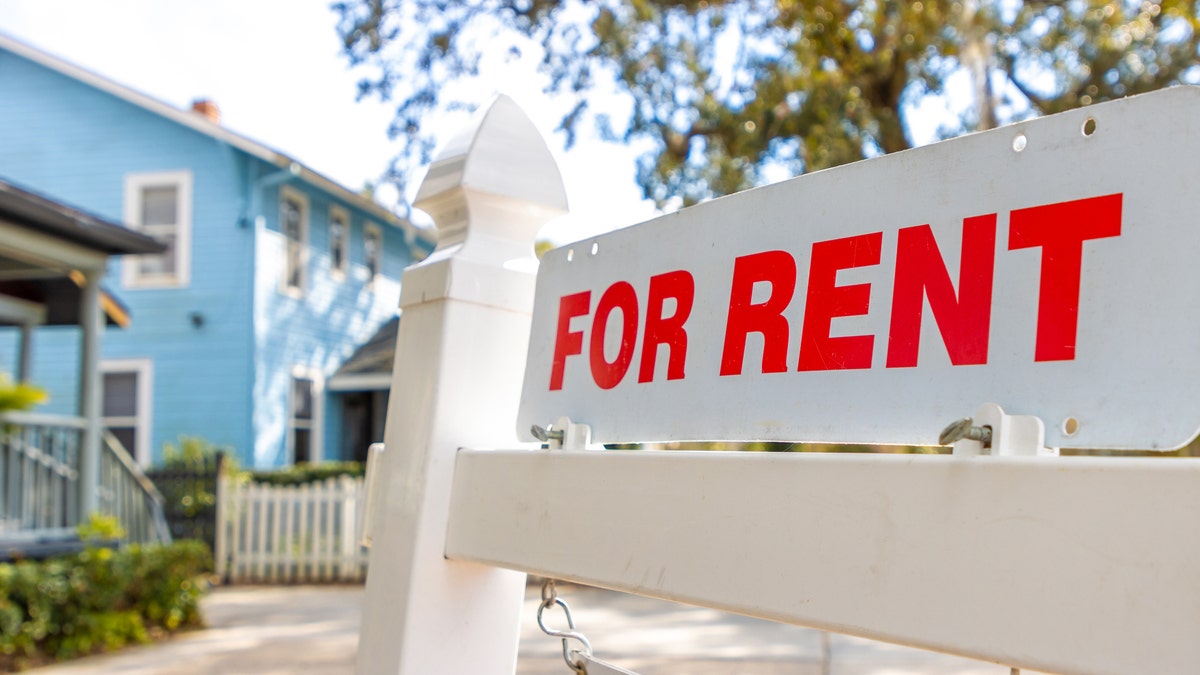Why New York Lawyer Warns Against Self-Help Evictions for Squatters
When a squatter invades someone’s home, getting the squatter removed can be costly and time-consuming in many states.
Every state has its own squatting laws. Speaking with a lawyer who specializes in landlord-tenant disputes can help you understand the law in your state and assist you with the best course to take.
One option homeowners often ponder is self-help eviction.
Understanding the Risks of Self-Help Eviction
It’s important to grasp the risks associated with self-help evictions. These approaches can include measures like changing locks or cutting off essential services such as heat, electricity, or water.
In squatting situations, homeowners may consider locking the squatter out or disabling utilities. However, self-help evictions are illegal in most states, and the consequences of these actions vary significantly across jurisdictions.

The Complicated Nature of Squatting Laws
With squatters, the legality of self-help eviction gets tangled. According to the lawyer Phillips, New York law provides a peculiar loophole in that self-help eviction is permitted under certain conditions. The key distinction lies in lawful possession. If someone is squatting, they technically are not in lawful possession of the property.
Despite this, Phillips does not recommend taking this route. The courts tend to frown upon self-help eviction methods. A squatter could potentially claim they were wrongfully locked out, leading to legal repercussions for the property owner.

Facing the Realities of Squatter Situations
Phillips expresses a cautious view towards self-help eviction, acknowledging high stakes involved. Often, scenarios concerning squatters are anything but straightforward. Landlords goal of reclaiming their property might inadvertently lead to a costly legal battle.
Interestingly, many squatters are well-versed in state laws, often brandishing fake documents that masquerade as proof of residence. Phillips notes, “If someone occupies an apartment or a building for 30 days or more, they cannot be removed without judicial process.” This statutory nuance points to the broader implications of tenant rights.

Legal Pathways and Community Support
“If someone’s a squatter, it doesn’t matter how long they’ve been there,” Phillips insists. “These individuals can concoct elaborate stories or fabrications about their rights.” This, unfortunately, can lead to drawn-out trials, during which the squatter often remains on the premises.
The first action is to call the police, armed with documentation proving ownership. Phillips highly recommends being proactive, gathering as much evidence as possible, including video surveillance. If law enforcement cannot assist, consulting with a specialized lawyer becomes paramount. Many local housing attorneys, such as those at Legal Aid Society or the New York City Bar Association, provide valuable resources and guidance.
The reality is that each squatter situation can feel isolating and perplexing for homeowners. Engaging professionals can shed light on the legal pathways available. In unfortunate cases, the homeowner’s rights may hang in the balance as the squatter’s claims progressively complicate proceedings.
